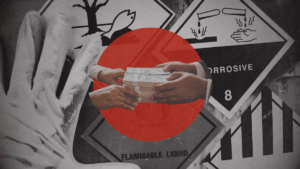
Trump’s Latest EPA Rollbacks Threaten Air Quality, Public Health, and NC Jobs
The EPA has submitted a proposal to scrap a years-old finding that greenhouse gas emissions threaten the environment and public health. Former officials say such a move would gut the agency’s own power to curb greenhouse gas emissions, which have been widely found to cause global warming.









